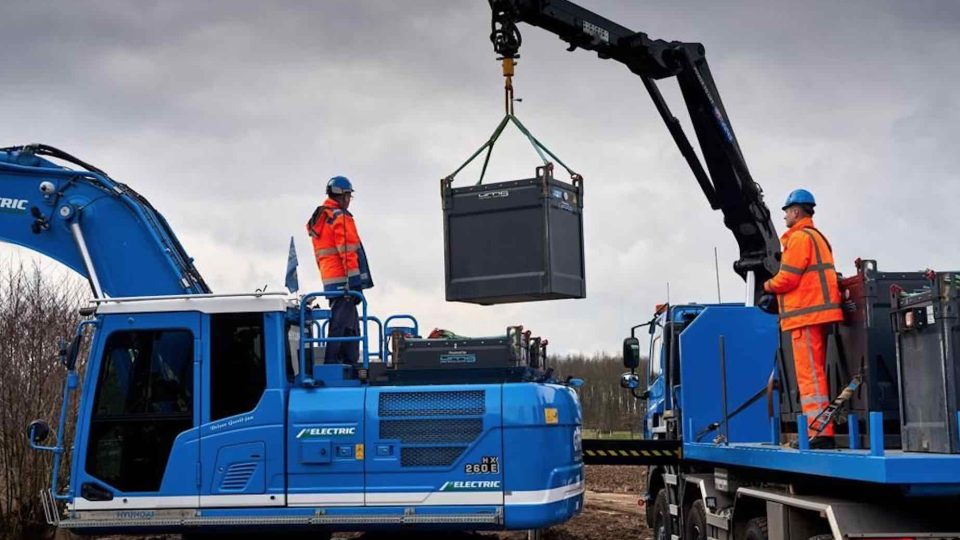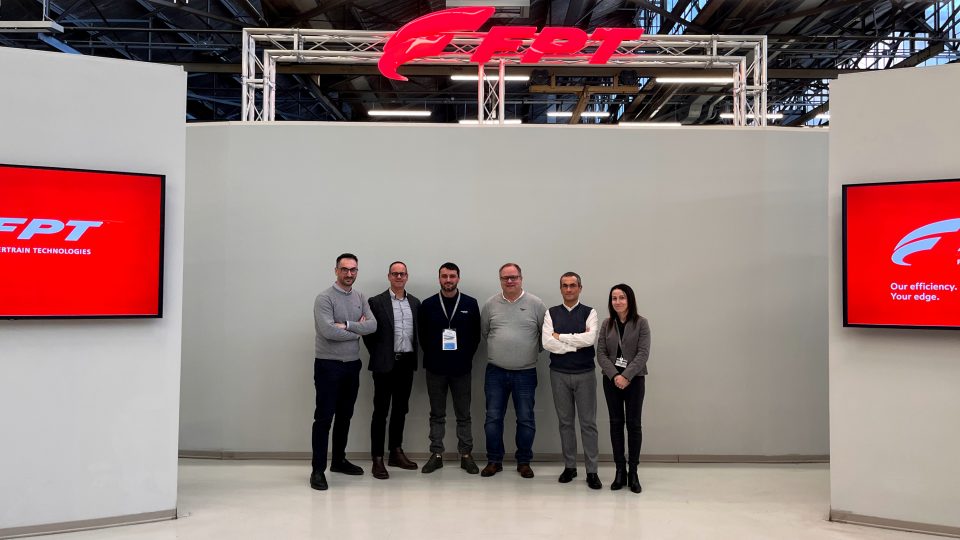Coventry University: five tips for women who want to succeed in engineering
On the occasion of the International Women in Engineering Day (June 23) research engineer Lorena Caires Moreira (Coventry University) has shared her top tips for women who want to succeed in engineering.

Being fearless has helped Lorena Caires Moreira forge a career in the male-dominated world of engineering – now the Coventry University researcher says it is one of her five top tips for future female engineers.
Lorena has been working with engineering and technology for a decade and is a research fellow in Coventry University’s Institute for Advanced Manufacturing and Engineering (AME), where she helps transform engineering problems into innovation opportunities by leveraging the capabilities of emerging technologies.
A recent report released by the House of Commons revealed that companies with a higher percentage of female leaders outperformed those dominated by men and highlights that women should play a major role in the UK’s post-pandemic economic recovery. Lorena hopes that report will stimulate further change in her industry.
She said: “Currently, the very dynamic global scenario including customers’ demands for personalised products, fast technological advancements, connected factories (Industry 4.0), and net zero targets have placed the weaknesses (or limitations) of traditional engineering approaches in the spotlight. The engineering and technology sectors need people who can think systemically, crossing disciplinary boundaries, and capable of assessing the impacts of decision-making for highly complex environments and with considering multiple dimensions – business, process, people and planet. Such a scenario is reshaping the skills of future engineers and providing a positive environment for women to thrive in the sector. Women have played a major role in engineering and leadership and more of us are needed to help achieving a better, stronger and more sustainable world.”
Lorena’s tips for women in engineering
Now Lorena has shared her top tips to help others follow in her footsteps and be a catalyst for change:
Be fearless. It might be a plus that I grew up around two older brothers and joined a futsal club, a very male dominated sport at the time, when I was only seven years old, hence, I’m comfortable being in any environment despite the gender ratio. Nevertheless, no woman should be afraid of building a career in engineering due to the ratio of men to women, use it as an extra encouragement to be a trailblazer and create change for the future. Always speak with confidence, clarity and certainty. Give yourself enough time to be prepared and never be afraid of asking questions and to be heard. Fearlessness must come with wisdom, and wisdom comes from the ability to listen, learn, assess and understand others and the wider picture of your actions.
Have fun. There has never been a better time to join a career path in engineering for women, given the technology advancements and the need for new innovative thinking. I have a lot of fun working in engineering and technology and that’s partly because the environment allows me to fully explore my potential for both technical and soft skills. The fact that engineering remains a male dominant sector poses extra challenges that require me to stretch my comfort zone in all directions and I really appreciate evolving and learning everyday.
Make kindness your superpower. Empathy and kindness are powerful skills that can be used to show respect and appreciation towards your colleagues. Help others and you can help create a supportive and collaborative work environment. Emotional intelligence can be an undervalued skill and it can mean different things depending on the circumstances but the world is changing and social sustainability and workforce wellbeing are increasingly becoming key indicators within engineering approaches.
Collaborative communication. Be curious about people at work in a professional way; ask about their professional experiences, projects and areas of expertise to find out how they, eventually, could support you. At the same time, let people know how you can help by sharing your experiences, expertise and areas of interest. Whether using email, virtual calls or face to face, make good use of a friendly, objective and professional communication.
Know that you belong. To best thrive in this industry you need to feel equal, know your worth and find a sense of belonging. We are seeing various initiatives towards more equal, diverse and inclusive (EDI) workplaces and working patterns being introduced that focus on addressing the gender gaps in engineering and technology. At Coventry University, we have an EDI committee that has been steering several initiatives. Other great initiatives have been led by STEM Women and the Women in STEM campaigns, offering amazing resources and showcasing the different opportunities for women. My advice is to join societies and networks when you are studying at university and beyond. If you don’t have a network at your organisation – set one up and be a catalyst for change. Don’t allow individual differences (such as gender) to stop you from feeling equal and part of your team. Look past or embrace the differences and think of similarities you share with your colleagues? How do your skills complement each other? What do you add to the team?









